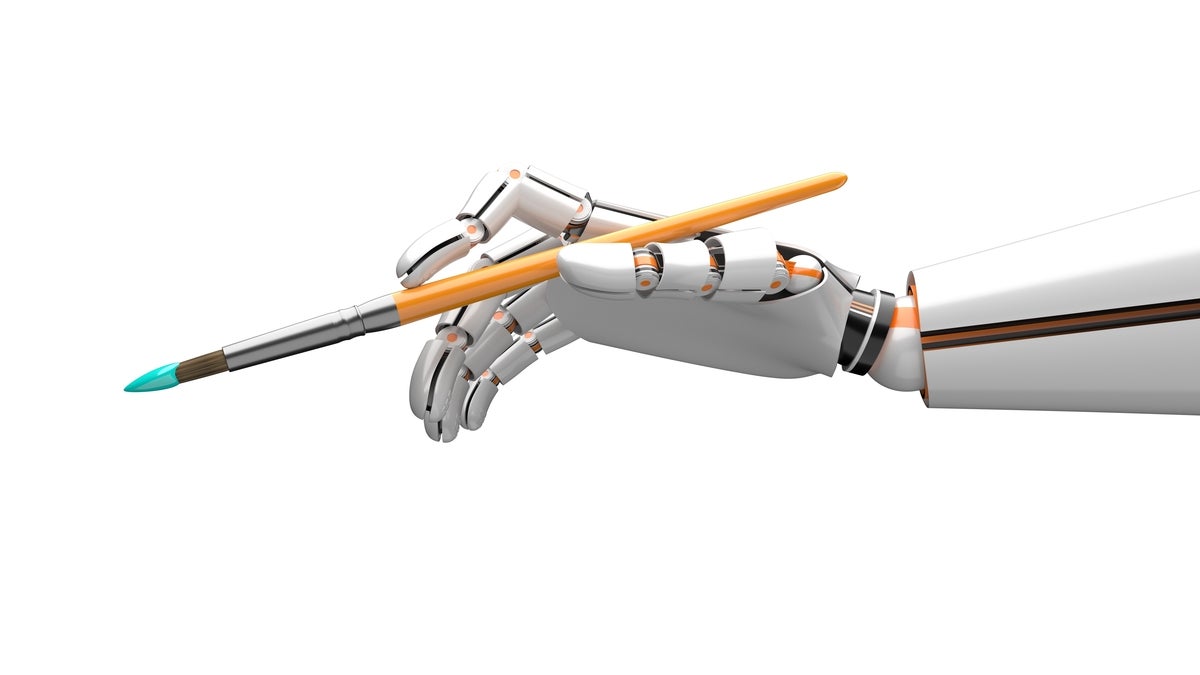In a class action lawsuit filed against AI-generated image service providers Stability AI, Midjourney, and DevianArt, a US district judge ruled that determining whether generated images may be in direct violation of copyright laws is “not plausible” at the moment.
The judge, who was responding to a motion to dismiss the case filed by the image service providers, said that he was “largely” granting the defendants’ motion to dismiss and allowing plaintiffs to amend their submission on how Stability AI, Midjourney, and DeviantArt violated any copyright laws.
Judge William H. Orrick of the Northern District of California, filed a 28-page decision that details how the lawsuit brought by artists Sarah Anderson, Kelly McKernan, and Karla Ortiz was defective on “numerous” counts and how current submissions made it difficult for the court to make a decision on copyright infringement.
The defects in the case include two of the three artists, McKernan and Ortiz, not filing any copyrights for their work with the US Copyright Office. Anderson, too, only filed copyright for just 16 of her images out of the hundreds cited in the lawsuit.
AI models were trains using existing works of art
The three artists have contested that the AI service providers used datasets from LIAON to train their AI models and LIAON included the works of the artists as part of their datasets, which resulted in copyright violation.
However, Judge Orrick did not agree with the argument. He wrote: “The other problem for plaintiffs is that it is simply not plausible that every Training Image used to train Stable Diffusion was copyrighted (as opposed to copyrightable), or that all DeviantArt users’ Output Images rely upon (theoretically) copyrighted Training Images, and therefore all Output images are derivative images.”
“Even if that clarity is provided and even if plaintiffs narrow their allegations to limit them to Output Images that draw upon Training Images based upon copyrighted images, I am not convinced that copyright claims based on a derivative theory can survive absent ‘substantial similarity’ type allegations. The cases plaintiffs rely on appear to recognize that the alleged infringer’s derivative work must still bear some similarity to the original work or contain the protected elements of the original work,” the Judge added.
The ruling could mean that a copyright case may not stand unless the creators of art can prove that any AI-generated image is directly referenced from their work.
Copyright issues over AI-generated content continue
While this ruling could have a huge impact on other trials being conducted in the US, such as coders suing Microsoft-owned GitHub for GPT4’s code-generating capabilities, it offers no permanent shelter for technology companies when it comes to issues around AI-generated content.
In this lawsuit against Stability AI, Midjourney, and DeviantArt, Judge Orrick allowed one count filed by…
2023-11-03 18:41:02
Article from www.computerworld.com rnrn
